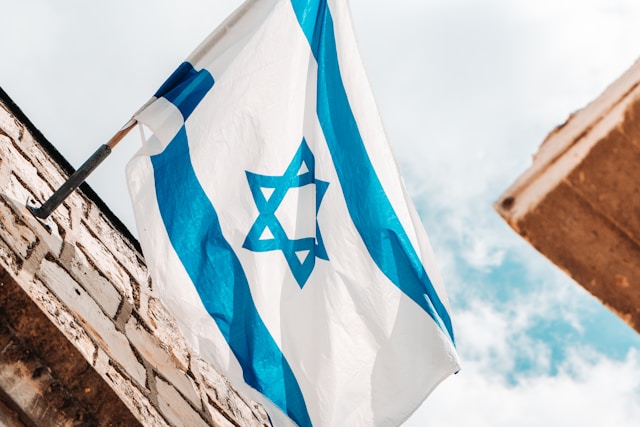Israel’s recent assassinations of key Hezbollah and hamas leaders escalate regional conflicts, prompting fears of retaliation from Iran and its allies
Over two tense days last week, the Middle East experienced seismic shifts with two high-profile assassinations. The first strike, claimed by the Israeli military, targeted Fuad Shukr, a senior commander of Hezbollah, in Beirut. Shukr, a key figure in Hezbollah’s military strategy, was killed in a meticulously planned operation, underscoring Israel’s aggressive stance towards its adversaries.
The second and more audacious strike occurred in Tehran, where Israeli operatives assassinated Ismail Haniyeh, the prominent Hamas leader. The assassination took place under the watchful eye of Iran’s Revolutionary Guard Corps (IRGC), which had been heavily guarding the city and Haniyeh. This bold move not only shocked the region but also illustrated Israel’s expanding reach and willingness to engage its enemies directly on their home turf.
Embed from Getty ImagesThe implications of these assassinations are profound. Shukr’s death is likely to disrupt Hezbollah’s operations and strategies in Lebanon and beyond, while Haniyeh’s killing strikes at the heart of Hamas’ leadership and may shift the dynamics of the Gaza conflict. Both assassinations reveal Israel’s strategic objectives to weaken militant groups that threaten its security and influence.
In response, Hezbollah and Hamas have vowed retaliation. Hezbollah’s supporters in Lebanon have already begun protests and violent demonstrations, while Hamas’ leadership is expected to mobilize support and escalate attacks. The broader impact may involve increased regional instability, as both groups seek revenge and the possibility of Iranian-backed actions against Israeli interests.
The broader international community is watching closely, with potential ramifications for diplomatic relations. The actions signal a new phase of intense conflict, raising concerns about further escalation and the involvement of additional state and non-state actors in the region.
Analysis:
Political:
The assassinations reflect a strategic move by Israel to neutralize key figures from Hezbollah and Hamas, aiming to weaken these groups’ operational capabilities. The killings may shift regional power dynamics, influencing political stability in Lebanon and Gaza. Israel’s actions could lead to increased tensions with Iran, a significant supporter of both groups. Diplomatic efforts might be strained as regional and global actors respond to the heightened conflict.
Social:
The impact on societies in Lebanon, Gaza, and Iran is significant. The assassination of influential leaders often leads to heightened unrest and violence among their supporters. In Lebanon, Hezbollah’s strong political and social influence means Shukr’s death could lead to widespread protests and social instability. Similarly, Hamas’ supporters in Gaza may intensify their resistance and recruitment efforts. This turmoil reflects broader societal divisions and conflicts within these regions, where leadership figures play crucial roles in shaping public sentiment and action.
Racial:
While the assassinations themselves are not racially motivated, the ensuing violence and unrest may exacerbate existing ethnic and sectarian tensions in the region. In Lebanon, where Hezbollah has a significant presence, the conflict could inflame sectarian divisions between different religious and ethnic groups. Similarly, in Gaza, the struggle between different Palestinian factions may become more pronounced, affecting the broader racial and ethnic dynamics within Palestinian territories and between Palestinian and Israeli communities.
Gender:
The gendered impact of these assassinations is less direct but still relevant. In conflict zones, women often bear the brunt of violence, both directly and indirectly. The instability caused by these assassinations can lead to increased hardships for women and families in affected areas. Additionally, women’s roles in peacebuilding and resistance movements may shift as the region deals with the aftermath of these high-profile deaths. Gender dynamics in these communities will influence how societies respond to and recover from the violence.
Economic:
The economic repercussions of these events are significant. The immediate aftermath of such high-profile assassinations often involves increased security costs, disrupted trade, and damage to infrastructure. In Lebanon and Gaza, the escalation of violence may strain already fragile economies, exacerbating humanitarian crises. The broader regional economy might also be affected as investors and businesses react to the instability, potentially leading to decreased economic activity and increased financial volatility.

Comments are closed.